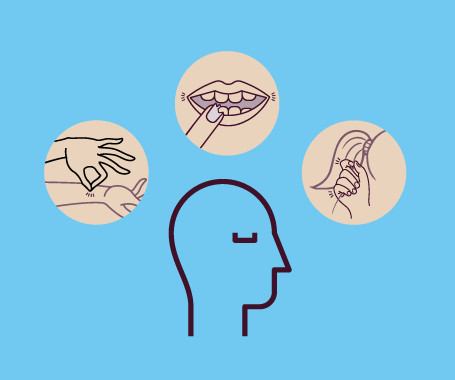Women Working In Mental Health Research
MQ Mental Health
MARCH 7, 2024
Women Working on Preventions and Interventions Dr Susanne Ahmari, (USA) identified brain activity related to Obsessive behaviours, the first step towards developing new treatments for OCD in 2013. Dr Teresa Tavassoli (UK) in 2017 shed light on the relationship between sensory differences and mental health symptoms in autistic children.














Let's personalize your content